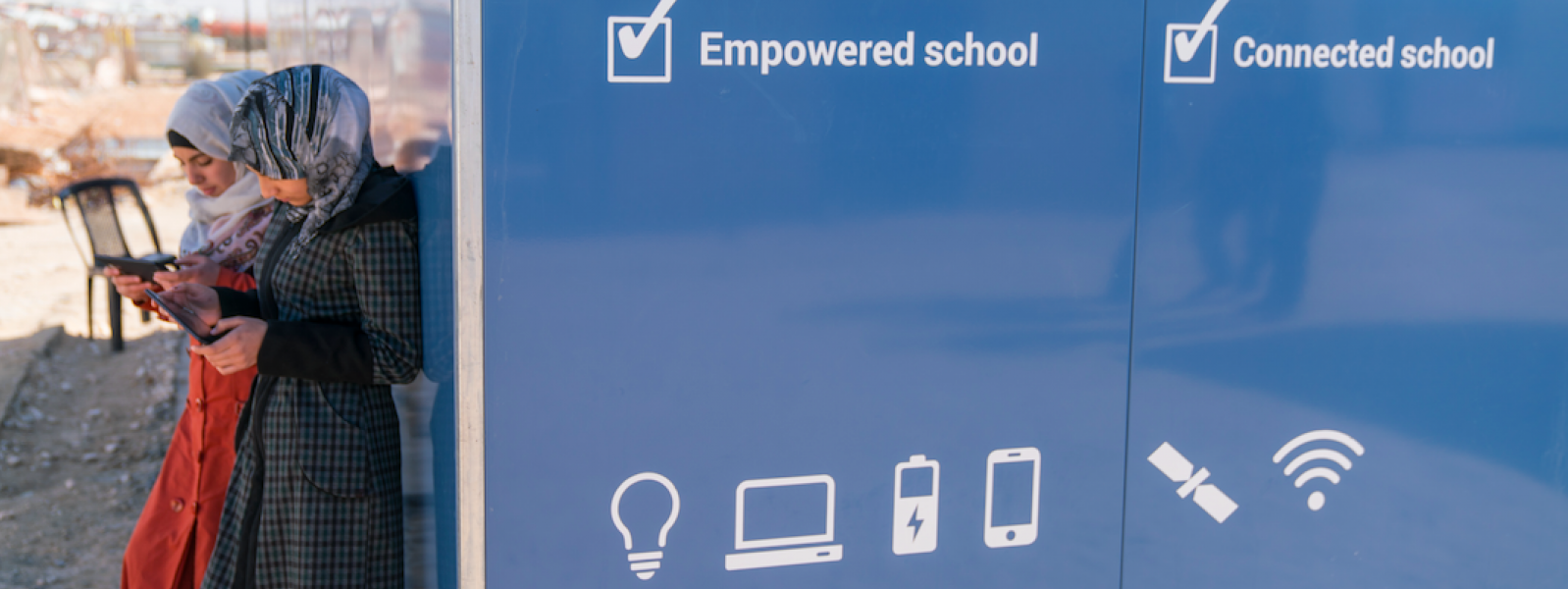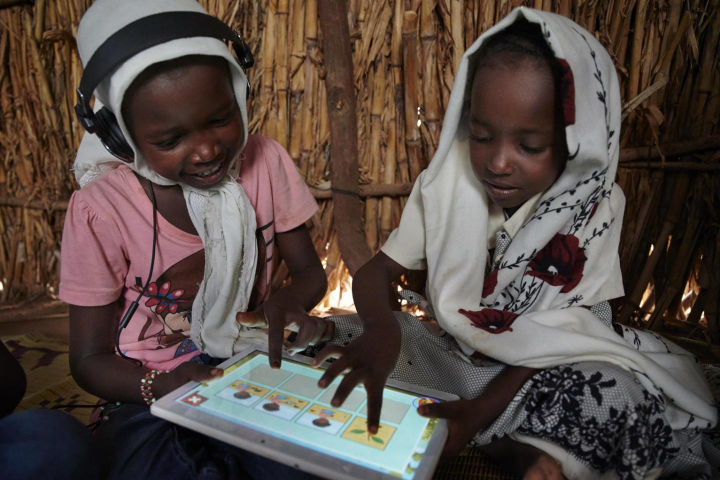Series Part 4: Meet our Co-Founder, UNICEF

This week, we wrap up our four part series highlighting the work of each Digital Public Goods Alliance co-founder. This week we’re featuring UNICEF.
If you missed it, check out the rest of the series featuring iSPIRT, Norway and Sierra Leone. And, for more on the DPGA follow us on Twitter or sign up for our newsletter.
UNICEF
UNICEF is a proud co-lead of the UN Secretary General’s The Age of Digital Interdependence recommendations around universal connectivity (1A) and digital public goods (1B).
UNICEF co-founded the Digital Public Goods Alliance as a result of recommendation 1B’s call for a “broad multi-stakeholder alliance, involving the UN, to create a platform for sharing digital public goods”. This work aims to make open source solutions more accessible to governments and to help them scale. UNICEF and other DPGA partners are working directly with national governments, UN agencies, and others who are looking for open source solutions to deploy in their countries.
UNICEF brings a track record of sourcing, investing in, and supporting open source solutions to the DPGA. They do so through the UNICEF Venture Fund which provides start-ups in developing and emerging markets with equity-free seed funding. They’ve also done cutting edge work that leverages blockchain technology to provide investments in cryptocurrency, creating innovative financing models that incentivise and encourage the creation of open-source digital public goods. Finally, UNICEF has been a leader within the DPGA in identifying and connecting with Pathfinder countries and leveraging their experience incentivizing positive grassroots impacts through digital tokens.

UNICEF is actively working to address underlying barriers that currently limit access to digital public goods. UNICEF’s Giga project, anchored in recommendation 1A, sets the goal of providing connectivity to every school in the world and every young person with information, opportunity and choice – including through increased access to DPGs. According to the ITU, some 3.6 billion people in the world do not have access to the internet. That lack of access means exclusion, fewer resources to learn and to grow, and limited opportunities for the most vulnerable children and youth to fulfill their potential.
Read more about the work of UNICEF’s Office of Innovation on their website.
Each member of the current Interim Strategy Group (ISG) — consisting of iSPIRT, Norway, Sierra Leone and UNICEF — brings their own areas of expertise and interest to the DPGA which makes it stronger and more diverse in its reach and potential impact. As the DPGA is built out over time, membership will expand and change to include more stakeholders.
Since its launch, the Digital Public Goods Alliance — an initiative co-founded by iSPIRT, Sierra Leone, The Government of Norway and UNICEF — has been working to identify, support and promote digital public goods to implement recommendation 1B from the June 2019 Report of the UN Secretary-General’s High-level Panel on Digital Cooperation.
Get Involved
Only by working together can we make this happen. The Digital Public Goods Alliance is, itself an open project, and we seek engagement and support from any governments, businesses, civil society, technology providers, donors, and experts wishing to help us achieve our aim.
Learn more about the Digital Public Goods Alliance on our website.
Stay on top of DPGA news and updates by joining our newsletter.
Nominate digital public goods through this form.